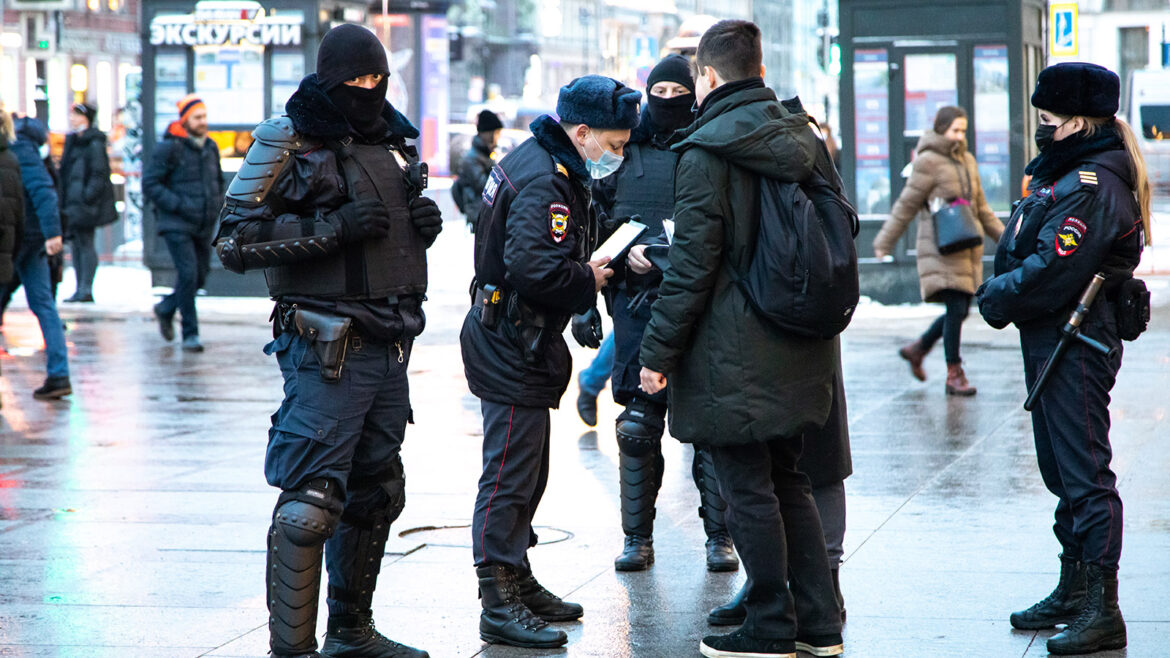Everyone — literally every Russian — today may face state arbitrariness, including actions from the police or other security forces. The human-rights group OVD-Info has published a guide on how to behave when interacting with law enforcement. Though the instructions are over five years old, their relevance has only increased.
Many people carry a “fear of the uniform”: it intuitively seems that someone in uniform always knows what they’re doing — and is entitled to do it. But police officers often — intentionally or out of ignorance of the law — exceed their powers. Sadly, there are hundreds of such cases. Knowing your rights can protect you from unlawful actions — or even save your life.
Most often, the police stop people to check their documents. Many assume this is a harmless procedure — after all, they haven’t committed any violation — and simply hand over their passport. But not everyone is aware that their rights may be violated in that moment. Here are several tips on how to communicate with police officers:
1. Ask for the reason
Police must have a lawful reason to approach you. Even to check your documents, there must be grounds. These could include: a wanted-list alert; information suggesting you are wanted; suspicion of a criminal or administrative offense; or special situations, such as evading child support, mandatory psychiatric treatment, conscription obligations, and others.They must support the stop with documents, which you have the right to see. If they don’t have them, it’s not a valid reason. You don’t need to go to a station to verify them.
Unless a state of emergency is in force, measures restricting movement or imposing administrative penalties may violate Article 27 of the Constitution on freedom of movement.
2. Request identification
Under the Federal Law “On,” an officer must introduce himself/herself and show identification — whether they approached you or you approached them. You have the right to record or photograph their details.
The law on the National Guard (Rosgvardia) imposes a similar requirement (Art. 4.1).
3. Turn on audio/video recording
If officers insist on taking you to a station, begin recording. Officers sometimes exceed their authority, and video may become evidence in court.
You have the right to record police actions. Refer to the “openness and publicity” principles in the Police Law.
They may not confiscate your device. Having a phone does not oblige you to provide QR-codes or share your location data.
4. Don’t hand over your passport
No law obliges you to carry or hand over your passport to police. The law requires you to keep it safe. If you decide to show it, do so from your own hands — not handed over.
5. Call a lawyer and/or a friend
Inform someone that police contacted you and may detain you. Relay the officers’ details and the intended destination (police station). Then someone knows your situation and can act.
You can also call emergency services or the police — calls are recorded and may become evidence in court.


